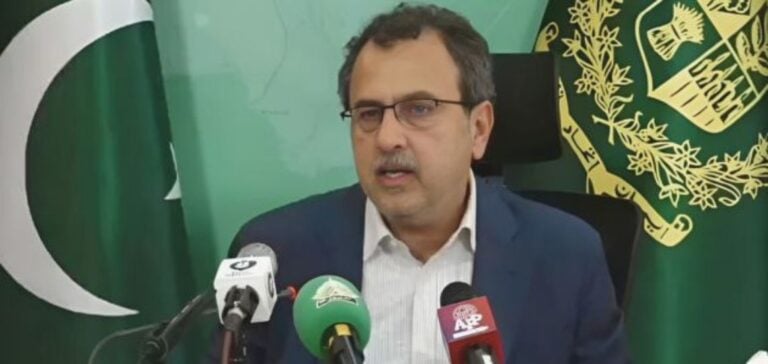Pakistan is negotiating with independent power producers (IPPs) to review the terms of existing energy contracts.
The country is seeking to reduce electricity costs, deemed too high by the Ministry of Energy, as the economy continues to contract.
Discussions are focusing on revising clauses such as guaranteed returns and payments for energy not consumed, in an effort to relieve an economy under pressure.
Economic and energy context
Pakistan’ s high electricity tariffs generate social tensions and disrupt industrial activity.
Energy costs, which are included in consumers’ bills, include fixed payments for excess capacity that is rarely used.
These measures were initially adopted to attract foreign investment in the energy sector, but the current economic situation is making these agreements increasingly burdensome for both the state and consumers.
Industry sources confirm that current negotiations are aimed at modifying these contractual commitments.
Proposals include reducing guaranteed returns and revising exchange rates in the contracts, adjustments needed to make the electricity market more competitive and less dependent on public subsidies.
Negotiations with energy producers
Awais Leghari, Minister in charge of the Energy Division, points out that the government has not yet sent any new formal proposals to the IPPs.
He affirms that any contractual revision must be based on mutual consent, and must not impose disproportionate conditions on investors.
He stresses the importance of maintaining a stable investment climate, while adjusting the parameters that weigh on the economy.
The review of contracts is also part of discussions with the International Monetary Fund (IMF) as part of a $7 billion financing program.
The IMF emphasizes the need to restructure energy sector debt and phase out market-distorting subsidies.
Impact on rates and competitiveness
Pakistan is looking to lower electricity tariffs for commercial users, to make them more competitive with other regional economies.
Leghari says the aim is to reduce these tariffs to around 9 US cents per unit, from the current 28 cents, in order to boost exports and support economic growth.
The proposed adjustments are critical for the industrial sector, which is suffering a loss of competitiveness due to high energy costs.
An overhaul of contracts with IPPs could alleviate this pressure, but will depend on the government’s ability to negotiate terms that satisfy both cost-cutting requirements and investor expectations.





















